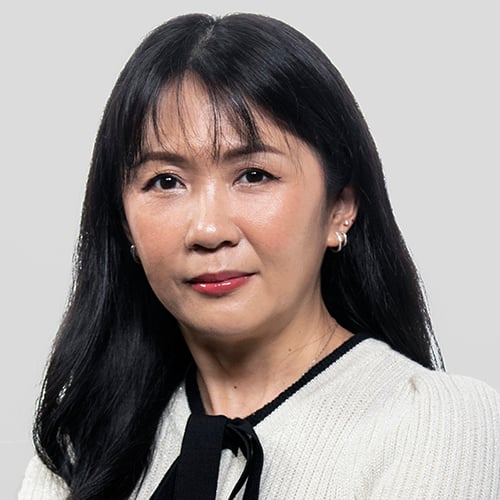Investors in Indonesia, Malaysia, Singapore and Thailand say their personal principles are very important and feel that, as societal and governance risks rise, they have the power to influence the companies in which they have invested, a recent study reveals.
As well, investors in Southeast Asia align with their global peers in citing climate issues as their top investment priority, according to the study conducted by investment firm Schroders, which surveyed more than 23,000 individual investors in 33 locations around the world.
Natural capital and biodiversity ranked second for investors in Southeast Asia, compounding the significance of environment-related concerns in the region.
Knowledge, age
Investment knowledge and age were among the key drivers as to how empowered investors now feel. This relates across the investment knowledge spectrum, from those who classify themselves as having a beginner level of investment knowledge through to those who say they have an expert level.
And 92% of expert Southeast Asian investors, versus 95% globally, believe they should be empowered to do so.
For Southeast Asia-based investors aged 38 to 50, 78%, versus 66% globally, say they strongly prioritize their principles and values when making investment decisions. Globally, 76% of investors aged 71 and above place more priority on these aspects, compared with 66% in Southeast Asia.
And 58% of expert investors in Southeast Asia state that their personal principles are very important to them, significantly higher than those who classify themselves as having an intermediate level of investment knowledge, 21% versus 16% globally, and those in the rudimentary category, 15% versus 10% globally.
Investors in Southeast Asia also see financial providers, 61% versus 51% globally, as the ones most responsible for ensuring that people have sufficient levels of knowledge on personal financial matters.
Nearly half of Southeast Asian investors also believe that independent financial advisers, governments, regulators and educational institutions have a role to play in this regard.
Private asset appeal
Southeast Asian investors, the study also reveals, now feel more confident in accessing investments that might previously have been seen as off-limits. A particular example of this comes in private assets, with around half of the investors surveyed feeling empowered to access both digital assets, 51% versus 47% globally, and private equity, 49% versus 47% globally. Meanwhile, 50% of Southeast Asian investors are confident investing in real estate, versus 45% globally,
It is most likely that the growing trend towards the democratization of private assets is linked to this greater level of confidence.
However, while most people feel empowered to invest in private assets, some asset classes are still seen as complex, requiring additional support from financial providers and advisers to access them.
This is particularly the case for infrastructure, where Southeast Asian investors are more likely to invest through a third-party product, such as a mutual fund, 44% versus 41% globally, rather than directly, 37% versus 37% globally.









